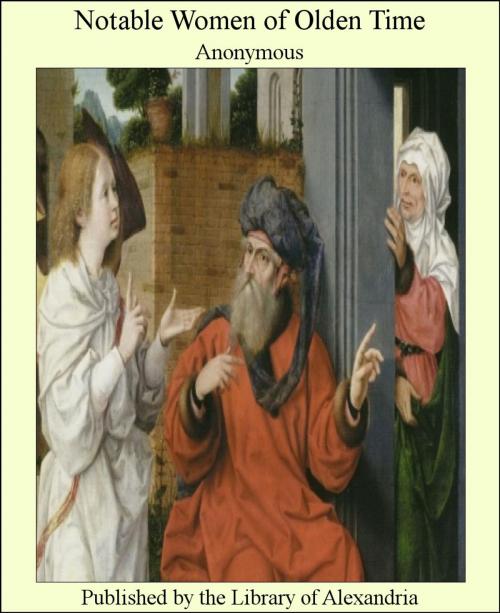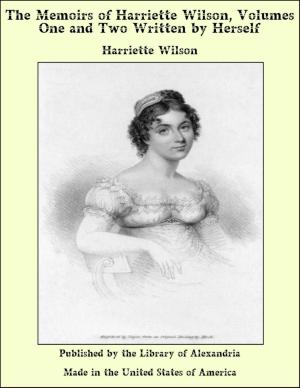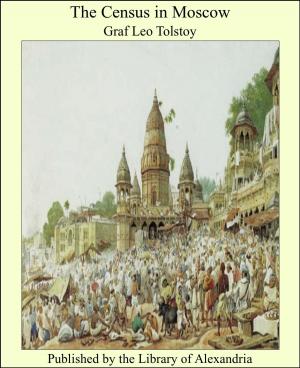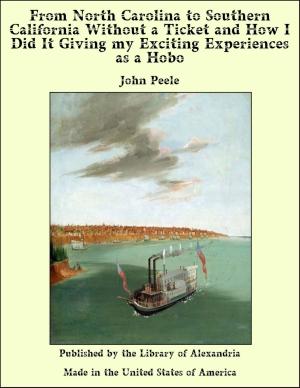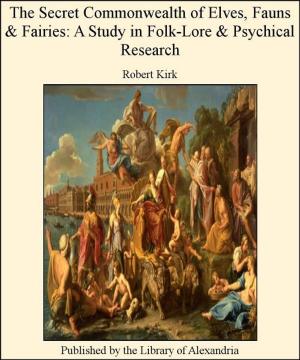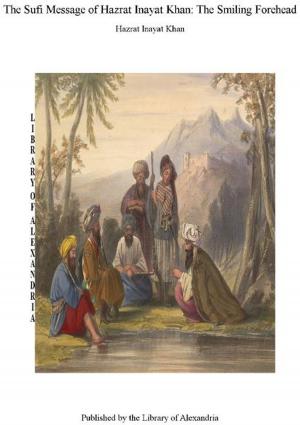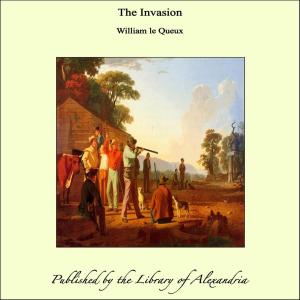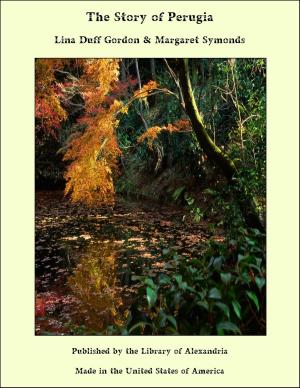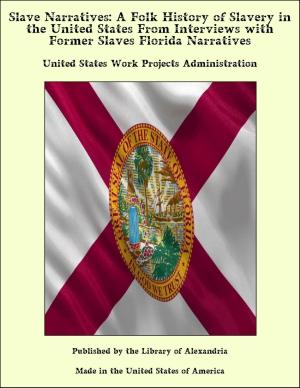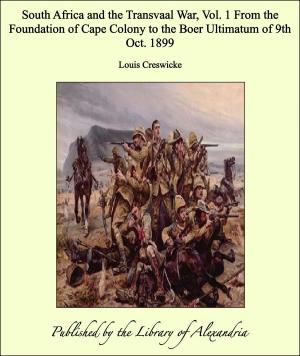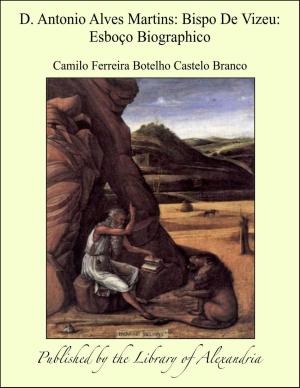Notable Women of Olden Time
Nonfiction, Religion & Spirituality, New Age, History, Fiction & Literature| Author: | Anonymous | ISBN: | 9781465526472 |
| Publisher: | Library of Alexandria | Publication: | March 8, 2015 |
| Imprint: | Language: | English |
| Author: | Anonymous |
| ISBN: | 9781465526472 |
| Publisher: | Library of Alexandria |
| Publication: | March 8, 2015 |
| Imprint: | |
| Language: | English |
THE WIFE—SARAH. W strange land, to dwell in a far country. He was to pass the rest of his days as a sojourner in a land which should be thereafter given to a people yet unborn,—to a nation which was to descend from him. Abraham was a lineal descendant of Shem, who was doubtless still living while "the father of Abraham yet abode with his kindred in the land of the Chaldees;" and from the lips of his venerable progenitor, Abraham himself may have first received the knowledge of the true God, and have learned lessons of wisdom and obedience, as he sat at his feet. Shem may have conversed with Methuselah; and Methuselah must have known Adam; and from Adam, Methuselah may have heard that history of the creation and fall, which he narrated to Shem, and which Shem may have transmitted to Abraham; and the history of the world would be thus remembered as the traditional recollections of a family, and repeated as the familiar remembrances of a single household. Tales of the loveliness of Eden,—of the glories of the creation,—of the blessedness of the primeval state,—of the days before the fall; remembrances of the "mOther of all living" in the days of her holiness, when she was as beautiful as the world created for her home, in all the dewy sweetness of the morning of its existence,—of the wisdom of man before he yielded to the voice of temptation, when authority was enthroned upon his brow, and all the tribes of the lower creation did him homage;—of the good spirits who watched over to minister unto and bless them;—of those dark, unholy and accursed ones, who came to tempt, betray and destroy them,—were recounted as events of which those who described them had been the witnesses. And from the remembrances thus preserved and transmitted by tradition, each generation obscuring or exaggerating them, have descended what we call fables of antiquity,—great facts, now dimly remembered and darkly presented, as shadowed over by the mists of long ages
THE WIFE—SARAH. W strange land, to dwell in a far country. He was to pass the rest of his days as a sojourner in a land which should be thereafter given to a people yet unborn,—to a nation which was to descend from him. Abraham was a lineal descendant of Shem, who was doubtless still living while "the father of Abraham yet abode with his kindred in the land of the Chaldees;" and from the lips of his venerable progenitor, Abraham himself may have first received the knowledge of the true God, and have learned lessons of wisdom and obedience, as he sat at his feet. Shem may have conversed with Methuselah; and Methuselah must have known Adam; and from Adam, Methuselah may have heard that history of the creation and fall, which he narrated to Shem, and which Shem may have transmitted to Abraham; and the history of the world would be thus remembered as the traditional recollections of a family, and repeated as the familiar remembrances of a single household. Tales of the loveliness of Eden,—of the glories of the creation,—of the blessedness of the primeval state,—of the days before the fall; remembrances of the "mOther of all living" in the days of her holiness, when she was as beautiful as the world created for her home, in all the dewy sweetness of the morning of its existence,—of the wisdom of man before he yielded to the voice of temptation, when authority was enthroned upon his brow, and all the tribes of the lower creation did him homage;—of the good spirits who watched over to minister unto and bless them;—of those dark, unholy and accursed ones, who came to tempt, betray and destroy them,—were recounted as events of which those who described them had been the witnesses. And from the remembrances thus preserved and transmitted by tradition, each generation obscuring or exaggerating them, have descended what we call fables of antiquity,—great facts, now dimly remembered and darkly presented, as shadowed over by the mists of long ages
